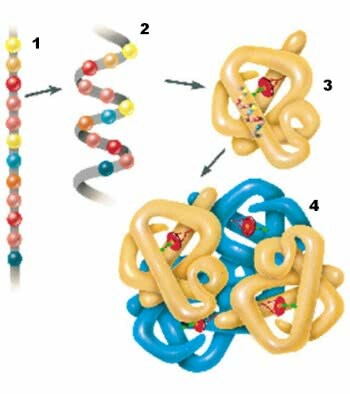Genetic variability refers to variations in genes between individuals in a population.
It is the genetic variability of the species that determines its set of morphological and physiological characteristics, which makes it capable of responding to environmental changes.
The genetic variability arises through mutations and gene recombinations, being the raw material on which natural selection acts.
The primary source of all genetic variability is mutation. It corresponds to any change in an organism's genetic material.
The mutation promotes the appearance of new alleles, which can alter the expression of a specific phenotype. This situation promotes genetic variability and can favor or hinder the adaptation of a species.
Gene recombination refers to the mixing of genes from different individuals that occurs during sexual reproduction. THE sexual reproduction it is an important mechanism that provides genetic variability among individuals in a population.
THE mutation and the gene recombination are responsible for genetic variability.
How important is genetic variability?
The main importance of genetic variability is that through it the evolution and adaptation of organisms to the environment occurs. Genetic variability contributes to the evolutionary persistence of species.
The loss of genetic variability diminishes the ability of populations to adapt in response to environmental changes.
Genetic Variability and Natural Selection
THE natural selection it is recognized as the main adaptation mechanism of individuals to different environments. However, natural selection cannot produce evolutionary change without genetic variation, which makes the two processes closely related.
It is natural selection that selects the genotypes best adapted to a given ecological condition and eliminates those that do not bring an advantage.
Natural selection tends to reduce genetic variability, as only a few genotypes will be selected. Furthermore, it also contributes to the permanence of a certain characteristic in the population.

